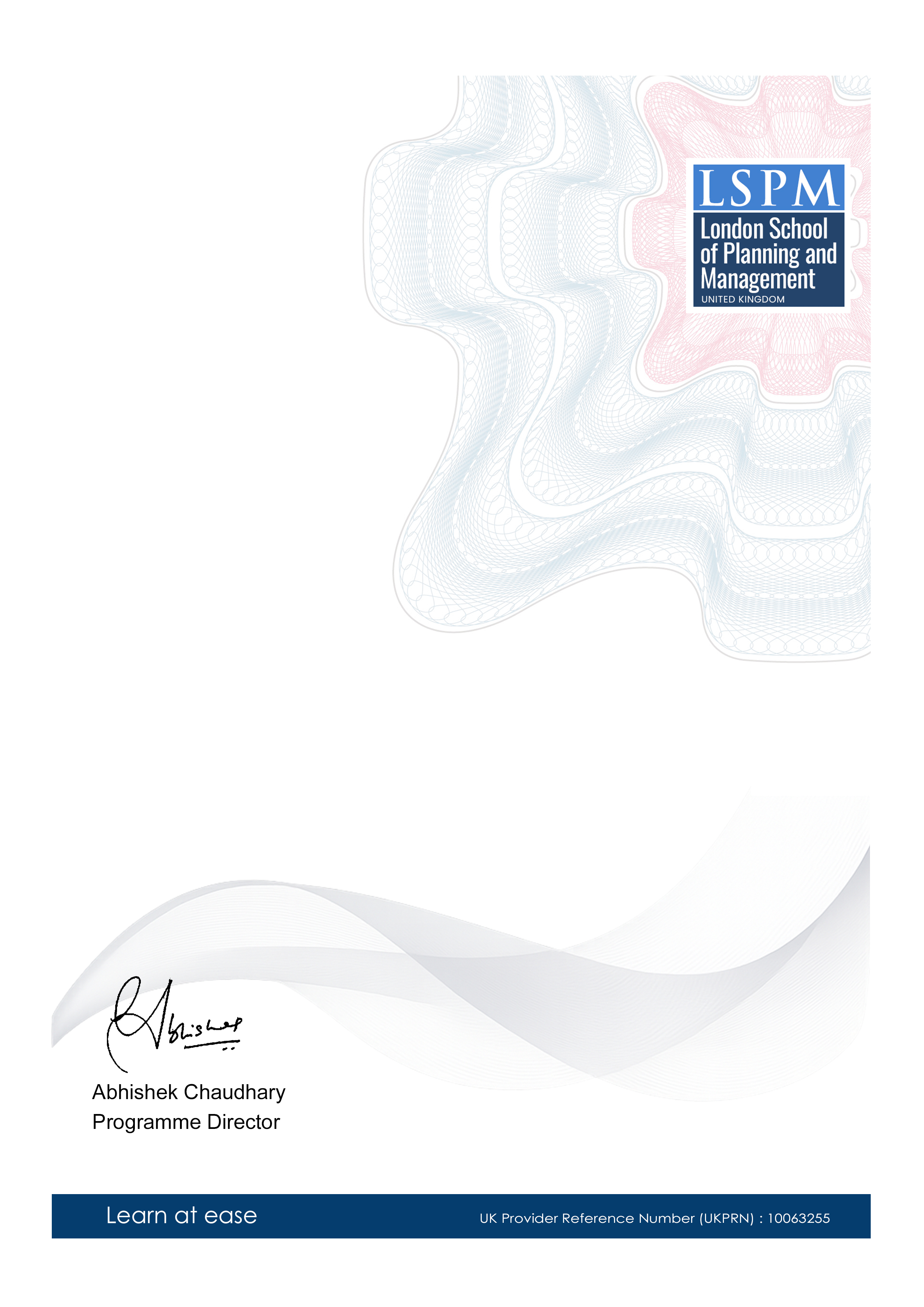Masterclass Certificate in Smart Textiles Prototyping for
-- viewing nowThe Masterclass Certificate in Smart Textiles Prototyping is a comprehensive course designed to equip learners with the essential skills needed to excel in the rapidly evolving field of smart textiles. This program bridges the gap between traditional textile design and cutting-edge technology, empowering learners to create innovative, functional, and fashion-forward textile products.
7,569+
Students enrolled
GBP £ 149
GBP £ 215
Save 44% with our special offer
About this course
100% online
Learn from anywhere
Shareable certificate
Add to your LinkedIn profile
2 months to complete
at 2-3 hours a week
Start anytime
No waiting period
Course details
• Smart Textiles Fundamentals: An introduction to the world of smart textiles, including historical context, current trends, and potential future developments. This unit will cover the basics of smart textiles, their properties, and their applications. • Material Selection and Sensors: This unit will focus on the different materials used in smart textile prototyping, including conductive yarns, thermochromic inks, and shape memory alloys. Students will learn how to choose the right materials for their projects and how to integrate sensors into their designs. • Prototyping Tools and Techniques: Students will learn about the various tools and techniques used in smart textile prototyping, including embroidery machines, laser cutters, and 3D printers. This unit will cover the advantages and limitations of each tool and technique, as well as best practices for using them. • Data Acquisition and Processing: This unit will cover the basics of data acquisition and processing for smart textiles. Students will learn how to collect data from sensors, process it using software tools, and visualize it in a meaningful way. • Integration with Electronic Systems: This unit will focus on integrating smart textiles with electronic systems, including microcontrollers, sensors, and actuators. Students will learn how to design and implement interfaces between smart textiles and electronic systems, as well as how to troubleshoot common issues. • User Experience Design: This unit will cover the principles of user experience (UX) design for smart textiles. Students will learn how to design smart textiles that are user-friendly, comfortable, and aesthetically pleasing. • Ethics and Sustainability: This unit will explore the ethical and sustainability considerations related to smart textiles. Students will learn about the environmental impact of smart textile production, as well as ethical considerations related to data privacy and security.
Career path
Entry requirements
- Basic understanding of the subject matter
- Proficiency in English language
- Computer and internet access
- Basic computer skills
- Dedication to complete the course
No prior formal qualifications required. Course designed for accessibility.
Course status
This course provides practical knowledge and skills for professional development. It is:
- Not accredited by a recognized body
- Not regulated by an authorized institution
- Complementary to formal qualifications
You'll receive a certificate of completion upon successfully finishing the course.
Why people choose us for their career
Loading reviews...
Frequently Asked Questions
Course fee
- 3-4 hours per week
- Early certificate delivery
- Open enrollment - start anytime
- 2-3 hours per week
- Regular certificate delivery
- Open enrollment - start anytime
- Full course access
- Digital certificate
- Course materials
Get course information
Earn a career certificate

